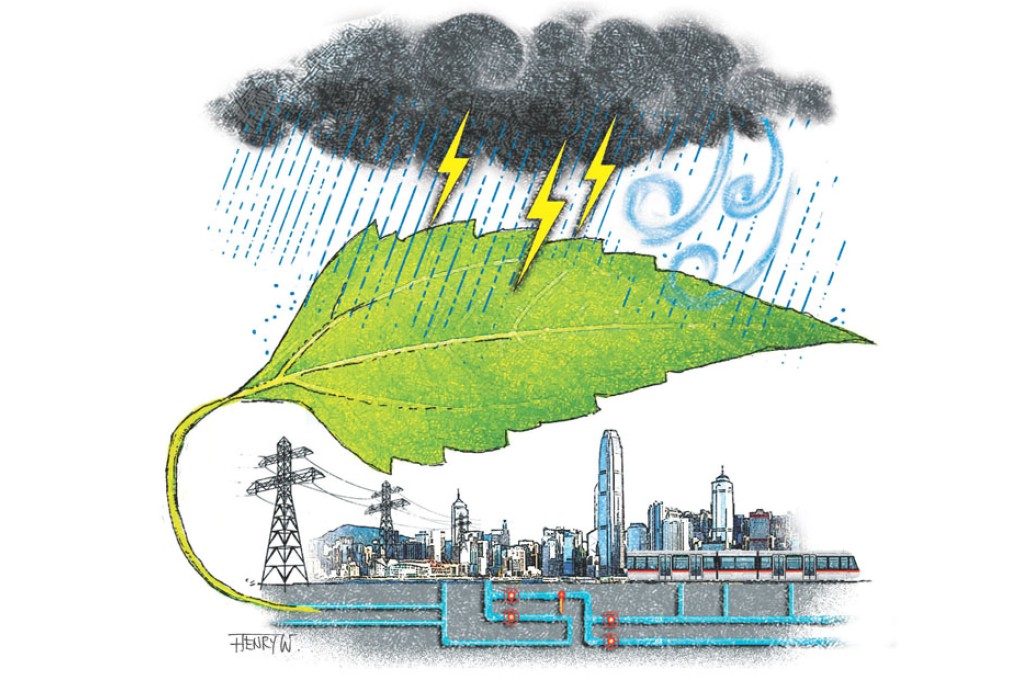Weather defences are vital in dense, built-up Hong Kong
Thomas Tang says given the warning signs of more unpredictable weather ahead, Hong Kong must not wait for disaster to strike before preparing its defences to ensure people's safety and business continuity

Last week, Hong Kong experienced one of the hottest days so far this summer. Higher temperatures seem to be on the horizon. At the same time, we are encountering more frequent storms and even freak weather, such as the black rainstorm in March that saw hailstones hammering parts of Kowloon and the New Territories. The need to develop resilience against climate change is becoming more pressing.
The fifth assessment report of the Intergovernmental Panel on Climate Change, which was published earlier this year, cites evidence that human influence has been the dominant cause of observed global warming since 1950.
For the utility companies charged with making sure cities all over the world keep running, this is thought-provoking news. Professional engineers can construct bigger drains to accommodate more run-off water from storms and facilities managers can crank up the air-conditioning controls to deal with hotter days, but conventional engineering wisdom is being stretched to its limits in resolving the problems and risks that climate uncertainty brings.
This is largely because cities have become more compact and dense, not to mention vertical. As cities become sleek urban centres accommodating more and more people, the infrastructure to support this move is ageing and struggling to catch up, let alone deal with sudden weather surges.
Take energy and water, for example, which are essential for urban development. Constantly upgrading and protecting the systems that provide these two services will go a long way towards embedding climate resilience.
Equally, when shoring up a city's climate defences, human safety and business continuity are vitally important. In the event of severe weather disasters, people must be shepherded to safe places for shelter and protection.
